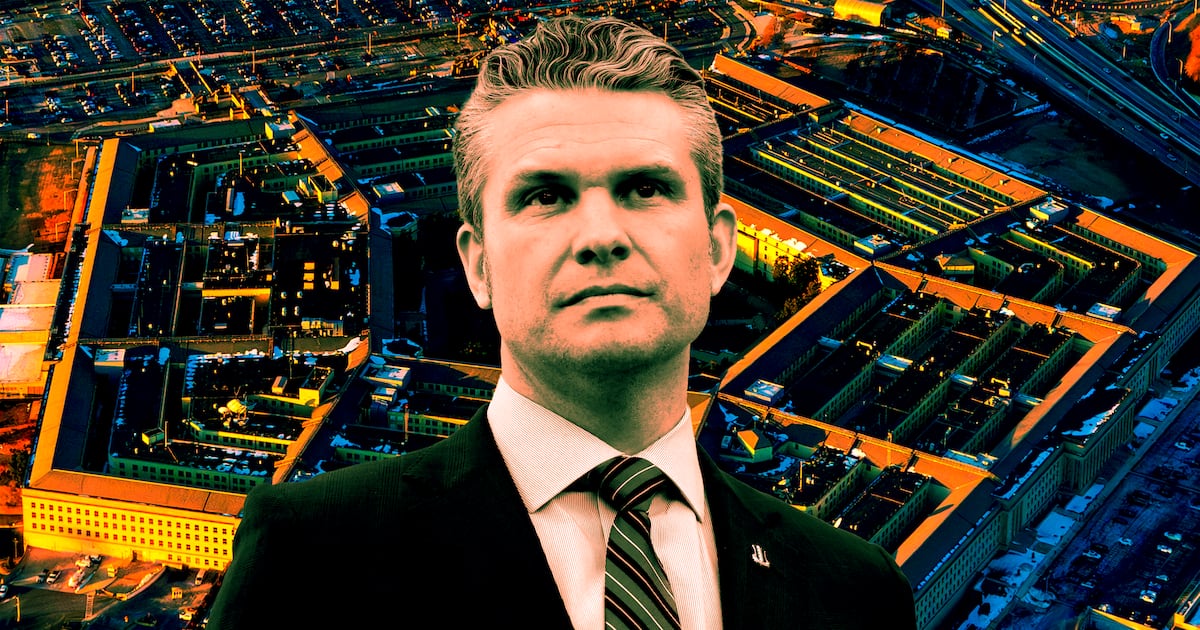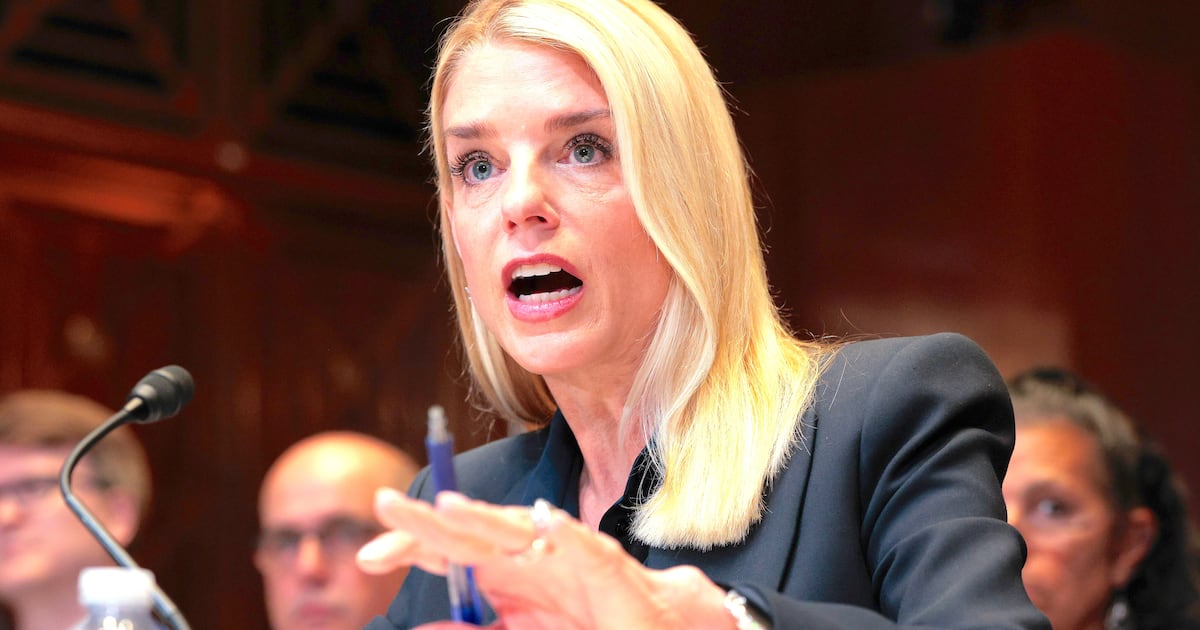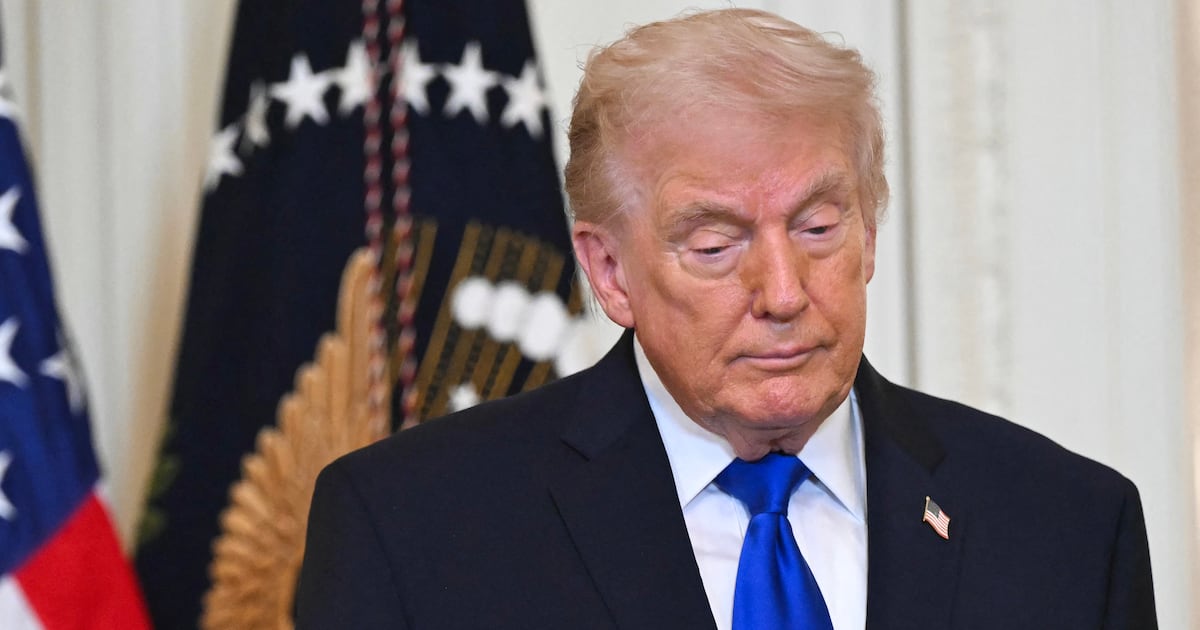Sean “Diddy” Combs’ publicist announced that he regrets his “silence” and “complicity” while working for the rapper who currently faces life in prison for his alleged misdeeds.
“Looking away is part of the job,” Rob Shuter writes in an essay for The Hollywood Reporter published Wednesday. “You compartmentalize. You rationalize. You focus on the next campaign, the next event, the next crisis to spin. And in those moments, you become what systems like these need to survive: silent.”
Shuter was Combs’ publicist from 2002 to 2004—the height of his fame— during which time he writes he noticed several unusual things.
“Back then, he was one of the most visible men on earth—a music mogul, fashion tastemaker and tabloid fixture,” Shuter explains. “I took his calls at 1 a.m., traveled on his private jets and drafted statements that bore his name,” Shuter explains. But at multiple points, “The little voice inside me whispered, ‘This isn’t normal.’ I ignored it.”

Combs is standing trial for sex trafficking, racketeering, and transportation to engage in prostitution. The federal charges stem from the government’s accusations that Combs used his power and influence, which were fueled by his infamous celebrity-packed parties, to coerce victims into “freak-offs”—elaborate, physically grueling, and sometimes days-long sex performances involving escorts.
Combs is also accused of taping the interactions and using them to blackmail victims—including ex-girlfriend Cassie Ventura—into more sex acts. Seventy-nine lawsuits and witness testimony in the trafficking case against the rapper allege rape, drugging, beatings, and more. Combs denies all of the accusations. Shuter claims he didn’t see any of those things.
“When I say I didn’t see the alleged behavior, I mean it,” Shuter writes, “But I also understand the ways I may have refused to.”

It’s not the first time Combs’ former publicist has spoken out about his former boss since Combs’ September arrest. In October, Shuter detailed the rapper’s “obsession” with getting the British royals to attend his parties in multiple interviews. He’s also appeared on CNN to discuss Combs.
But Shuter writes that he has more to do to take “accountability” for his “role” in Combs’ alleged wrongdoings. Like confessing his sins at an altar, he lists every “not normal” thing he witnessed while under Combs’ employ.
“I’ve been to a lot of celebrity homes in my time,” he writes in the essay, “and not once did I have to walk through a metal detector. But at Diddy’s house? It was like airport security.”
Shuter also ignored that there was guns “everywhere” and “big guys with blank expressions who tracked your every move.” The rapper’s chumminess with law enforcement also struck Shuter as suspicious, he writes, as he would overhear Combs “on the phone, whispering to high-ranking law enforcement like they were old friends. If he needed a favor, he’d make one call, and boom—it was done.”

“I told myself that was just power. Influence. Star-level access. But now? It feels like something darker,” Shuter reflects. He recalls being “warned” by one of Diddy’s bodyguards, “‘Never carry his bags when we travel together on his private jet.’”
Shuter confesses that he never asked why. “I didn’t want to know,” he writes. “That was the deal we all made to work for him: Don’t look too closely, and you get to stay in the room... Keeping his secrets was part of the job.”
The bottom line: He “regrets” “looking away” so often. “When I say I regret my role, I mean it,” Shuter concludes. “But regret isn’t enough. Accountability means naming the system—and naming your part in it.”





